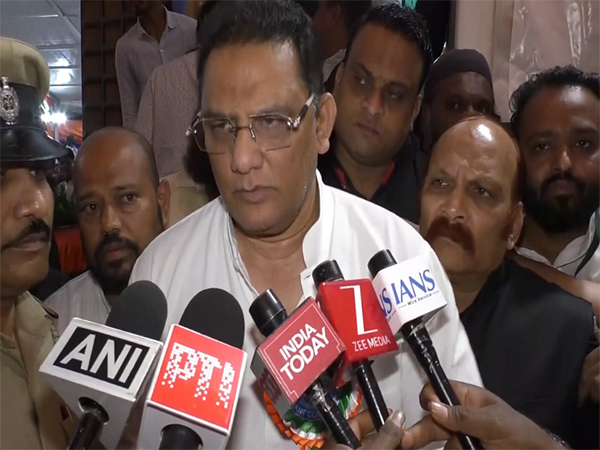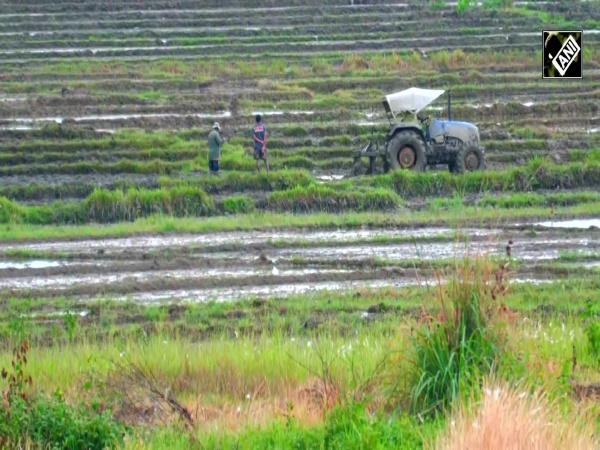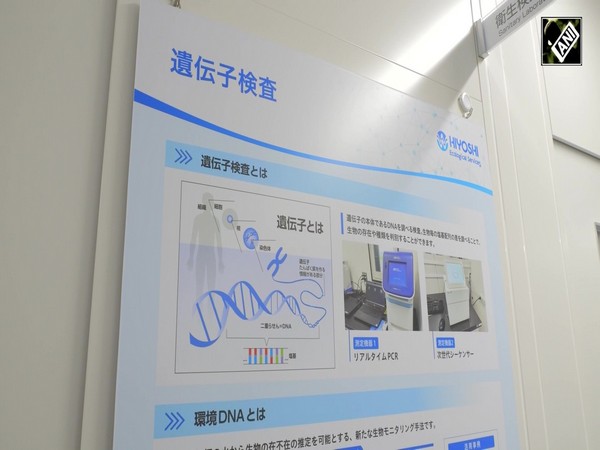Health authorities try to detain Argentina players mid-game, WC qualifier against Brazil suspended
Sep 06, 2021

Rio de Janeiro [Brazil], September 6 : The 2022 FIFA World Cup qualifier between Brazil and Argentina on Sunday (local time) had to be suspended after health authorities tried to detain several members of the Argentina squad.
As per Goal.com, three Argentina players -- Emiliano Martinez, Cristian Romero and Giovani Lo Celso were cleared to play the match despite being accused of falsifying travel information upon their entry to Brazil.
These players were advised to undergo mandatory quarantine and deportation by the Brazilian government alongside reserve Emiliano Buendia.
Emiliano Martinez, Cristian Romero and Giovani Lo Celso had travelled to Brazil from the UK and as soon as they entered the country, the authorities had forbidden them from playing the match and they were asked to enter isolation before leaving the country.
These three players had entered Brazil from the UK which is on the red list and under national law, travellers from the UK must complete 14 days of isolation after they land in the country.
The Argentine Premier League contingent, however, only declared that they had been to Caracas, the site of Argentina's last World Cup qualifier against Venezuela, and they allegedly did not reveal to immigration and health authorities that they had been in the UK, reported Goal.com.
As soon as health officers stormed the pitch, Argentine players tried to stop them from apprehending the trio. Skipper Lionel Messi then led his side back to the tunnel and South American football body, CONMEBOL confirmed that action would not resume.
"The World Cup Qualifiers is a FIFA competition. All decisions concerning its organisation and development are the exclusive power of that institution," said CONMEBOL in its statement.
"The referee and the match commissioner will submit a report to the FIFA Disciplinary Committee, which will determine the steps to be followed. These procedures strictly adhere to current regulations," it added.




















